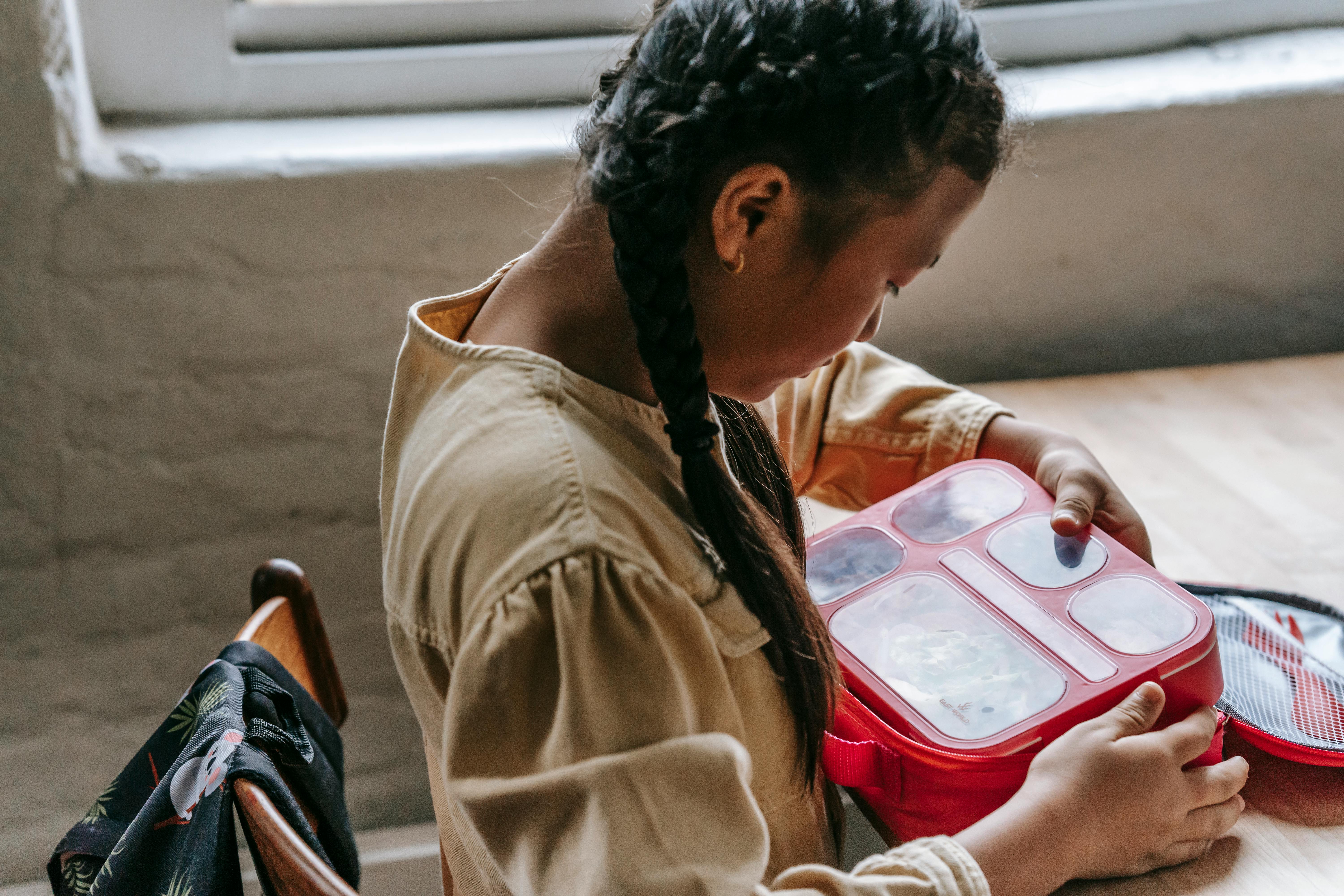
On the road to freedom from clutter: the review
The first key to speeding up cleaning is having less to clean – you want to be clutter-free. If you do a major overhaul now, cleaning will be easier and faster each time you clean in the future.
Review is difficult. Many people, myself included, are pack rats. Things we never look at have sentimental value the moment we find them hidden in the back of the closet under a “great pair of shoes” that we also forget about. Instead of thinking of overhauling as the loss of precious memories, think of it this way: you’ll stop cleaning things you don’t use!
Before starting the cleaning process
Make sure you have your goals in mind. This will make the task seem less daunting. Where is the mess worst? Which room would you like to start in? It can be especially helpful to write down your criteria for keeping or discarding something, so that you can’t talk yourself into keeping things you don’t really need.
If you think you might feel overwhelmed doing it all in one day, don’t! Set goals for smaller time periods over multiple days, but make sure that whether you do it all at once or not, you set aside a decent amount of time to actually get all the work done.
Work in sections and make sure you don’t just focus on large areas, like on top of tables and counters. Check the drawers and cabinets; you may have a lot more room to store the things you DO want to store.
Last tip before we start? Find some large garbage bags or boxes.
Things you may have that you should throw away:
-Pots and pans you think you can get thick stains off of, but probably can’t.
– Bedding that does not fit in any of the current beds in the house.
-Clothes that do not fit you well or that you simply do not wear.
-Children’s toys, sippy cups, etc. when the children are grown.
-Newspapers, magazines, etc. you have finished. You probably won’t read them again… recycle!
-Thing you have multiples of and don’t need. You don’t need 3 can openers.
-Memories that no longer attract you.
-Things that are broken.
-Board games or card decks with too many missing pieces to play.
-Things in boxes that you have not unpacked from your last move.
-Anything you haven’t used in a year or more.
Things included in the “haven’t used in a year or more” list that you might not have thought about:
-Plates
-Food in the pantry (look at those expiration dates!!)
-Things displayed in cabinets of curiosities in dining rooms and living rooms
-CDs, movies, toys, games
-Medicine
-Beauty products
Some items on these lists are still useful, but not for you in particular. Instead of throwing them away, they should be donated. Find a place near you (ie Salvation Army or Goodwill) that accepts used items and sells them cheaply. Another option: have a garage sale!
Some claims you may encounter while working:
Common statement 1: “But this has sentimental value”
For some items, this is a legitimate statement. For most, it is not. When was the last time she looked at it or thought about it? Do you have any photos that hold the records of the same event or trip? Where will you keep it?
Common Statement 2: “But my kids could use this when they grow up!”
With this statement, old appliances, kitchenware, furniture, etc. are usually defended. big furniture are No fun climbing a million bedroom stairs when you can buy a cheap, lightweight version at a discount store. Pots and pans are cheap at some stores and may not have toxic stains from 20 years ago. The only things I remember taking from my parents’ house? Hangers, a lamp, an old lantern and a kettle.
If there are ANY things that will really come in handy for your kids, keep them in a box labeled with their name in the basement or attic, not in your closets or on your table. Before you put anything in this box, seriously consider its value when your child is old enough to have it and think about how difficult it will be to move. Don’t pass your mess to them!
Common claim 3: “I’m tired.”
This is perfectly legitimate and understandable. Look at your goals. Can you take a break? Should you split the project into two separate days? The most important thing to remember is that this will make your life a lot easier once it’s done. You’ll have a cleaner space that’s easier to live in, so don’t give up! If you choose to take a break, decide exactly when you will continue and stick with it.
The key to keeping clutter away after it’s gone
Consider your purchases carefully, and when you buy something, throw away or donate whatever the new device is replacing. Keep your home clutter-free by picking up and keeping these same rules in mind every time you do a quick clean.